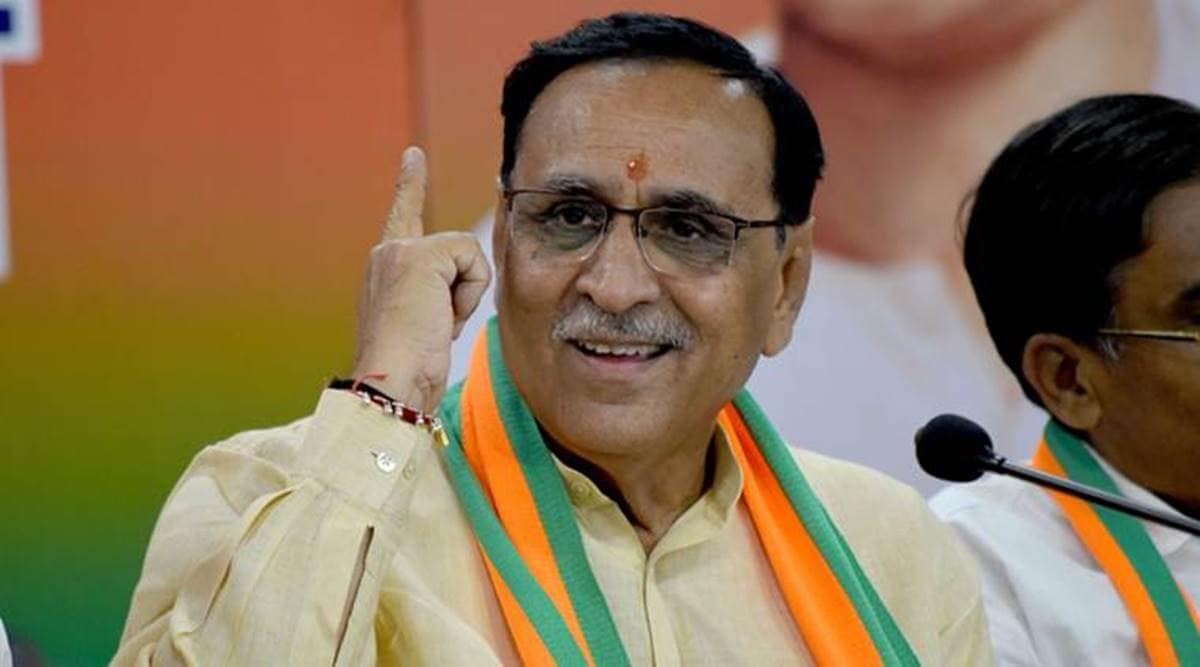The devastating Air India crash that claimed the lives of 242 passengers and crew, including former Gujarat Chief Minister Vijay Rupani, has left the nation reeling. But amid the sorrow, hard questions must be asked. One such question, raised boldly by Republic TV’s Arnab Goswami, points to a deeply unsettling possibility: was a Turkish connection to the tragedy wilfully ignored or recklessly overlooked by Air India’s management? It now emerges that Air India, under the Tata Group’s stewardship, outsourced aircraft maintenance to a Turkish firm — a decision that borders on the absurd, given Turkey’s increasingly antagonistic stance toward India. This is the same Turkey that, post-Pahalgam terror attack, not only openly sided with Pakistan but reportedly supplied drones and surveillance equipment to bolster Islamabad’s anti-India arsenal. India’s response to Turkey’s belligerence was swift: contracts with Turkish companies handling cargo at Indian airports were cancelled. So why was one entrusted with maintaining our national carrier’s aircraft? This isn’t just poor judgment. It could be criminal negligence. Let’s be clear: Turkey is no friend of India. Its President, Recep Tayyip Erdoğan, has made no secret of his ideological affinity with Pakistan, especially when it comes to Kashmir. Handing over critical maintenance of Indian passenger aircraft to a Turkish firm is akin to giving your house keys to someone dining with your enemy. Even if one is generous enough to believe there was no malice involved, the sheer recklessness of such a decision warrants immediate scrutiny and accountability.

Chandrasekaran, chairman of Tata Sons, may have announced a Rs 1 crore compensation for each victim’s family. But that cheque does not wash away the bloodstains of corporate irresponsibility. Since taking over Air India, the Tata Group has faced repeated criticism over maintenance lapses, crew mismanagement, and safety violations. A recent complaint to the DGCA and even to the Prime Minister’s Office alleged that crew allowed unauthorized individuals into the cockpit — a staggering breach of aviation norms. Has the DGCA acted decisively? Has anyone in the management faced consequences? Add to that Air India’s dismal record of technical snags, emergency landings, and in-flight glitches, and you’re staring at a time bomb. This crash wasn’t just an accident. It was a systemic failure, enabled by apathy, incompetence, and possibly, strategic blindness. Worse still, the aircraft crash-landed on a hospital building, killing more than 30 medical students and doctors. That’s not just tragic — it’s unforgivable. The DGCA must now do more than issue perfunctory notices. It must conduct a thorough, transparent, and time-bound inquiry into Air India’s ties with Turkish firms and examine whether sabotage, compromise, or incompetence caused the catastrophe. Heads must roll. Lives were lost — not just in the sky, but on the ground. India deserves answers, not evasions. Let this not be buried in the fog of condolences. Let truth, accountability, and national security take flight — even if Air India failed to.




